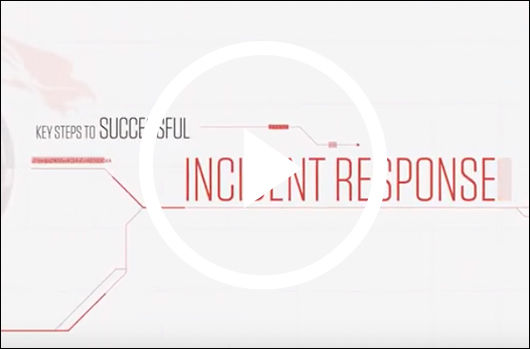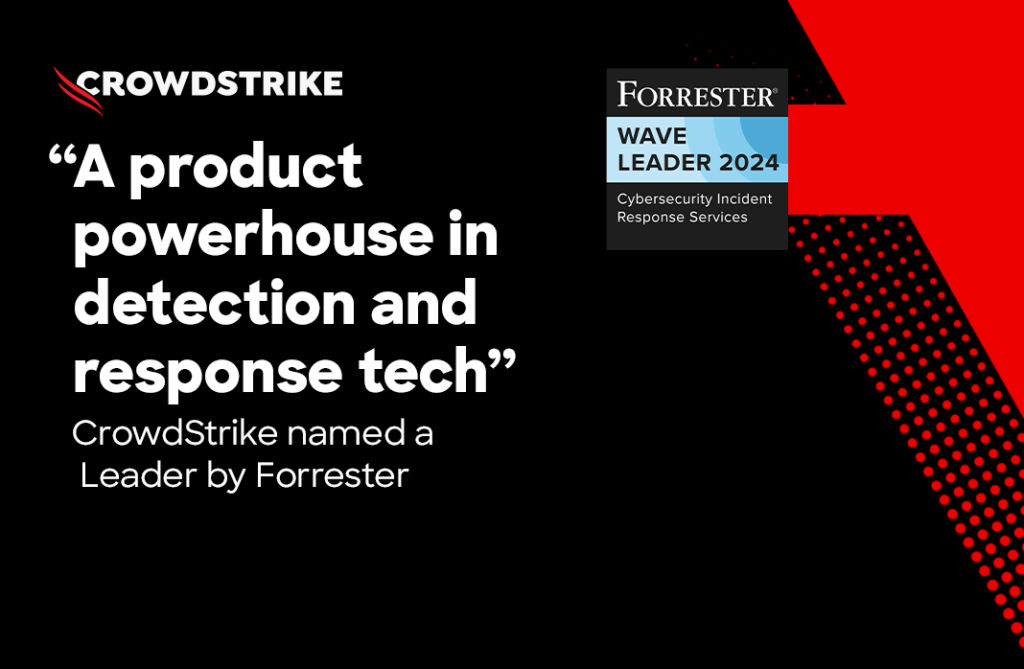As organizations embrace DevOps practices and CI/CD pipelines to accelerate software delivery, their greater dependency on third-party components can introduce security risks. Because malware can infiltrate an environment during development, it’s important to check for it ahead of deployment.
CrowdStrike Falcon® Cloud Security now applies its award-winning sensor detection logic to identify potential malware in serverless functions and container images pre-deployment, enabling teams to address security issues without needing to run the function or container.
Let’s take a closer look at what’s new.
Machine Learning Malware Detections in Image Assessments
For years, CrowdStrike has meticulously collected and cataloged malicious files from a variety of sources, including adversary activity in customer environments, the dark web and security research, among others. We use this abundance of data to develop several extensive machine learning (ML) models that the CrowdStrike Falcon® sensor uses to accurately detect likely malware, without relying on hash matching.
Customers using Falcon Cloud Security for image assessments can now take advantage of these massive ML models to identify the presence of a malicious file in container images before they are deployed in their environment. CrowdStrike’s ML models are highly tuned with a wealth of industry-leading intelligence, providing high confidence for files that are flagged as malicious, reducing false positives.





![Helping Non-Security Stakeholders Understand ATT&CK in 10 Minutes or Less [VIDEO]](https://assets.crowdstrike.com/is/image/crowdstrikeinc/video-ATTCK2-1)
![Qatar’s Commercial Bank Chooses CrowdStrike Falcon®: A Partnership Based on Trust [VIDEO]](https://assets.crowdstrike.com/is/image/crowdstrikeinc/Edward-Gonam-Qatar-Blog2-1)














































